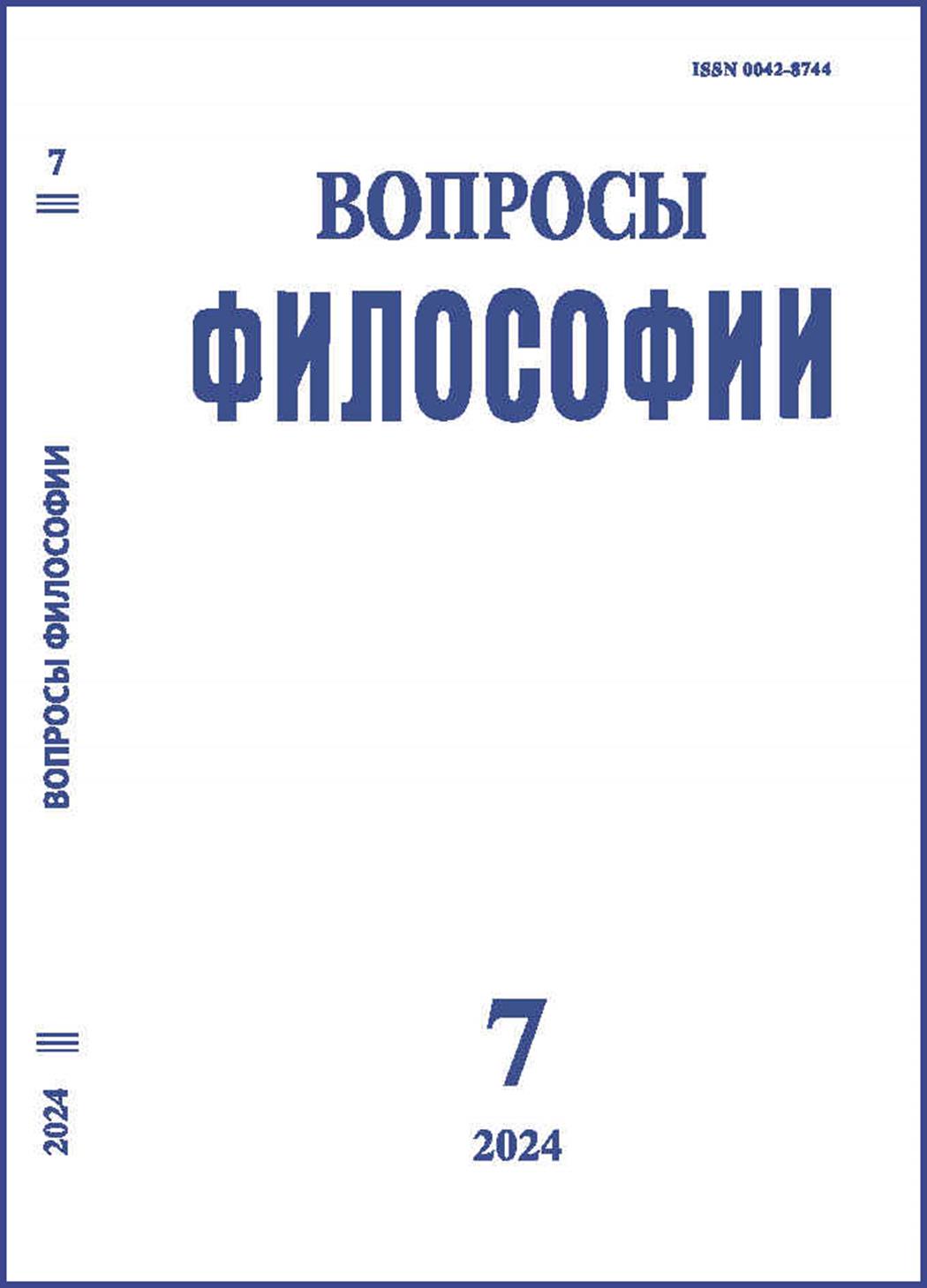Digital Identity and the Humanistic Model of Digital Educational Environment
DOI:
https://doi.org/10.21146/0042-8744-2024-7-29-39Keywords:
digital identity, self-identification, education, digital educational environment (DES), destructive trends of DSE, humanistic model of DSEAbstract
The article is devoted to the problems of subjective and personal self-determination of students in the situation of contact with the infocommunication environment, in particular, to the analysis of “digital identity”, symbolizing the emergence
of a new modality of individual identification in virtual space. The methodological basis of the study was philosophical, axiological and systemic approaches.
In addition, the possibilities of the method of existential analytics are used,
which make it possible to explore not only ontological, but also the value-semantic contexts of the formation of personal identity, allowing us to consider
the essence of “I” in the unique unity of its personal qualities, as well as content analysis as the optimal diagnostic tool network identity. The article conceptualizes the concept of “digital identity”. It is shown that the representation
of the life of young people in a virtual environment, as one of the forms of successful socialization, as well as the possibility of constructing a virtual personality and its self-presentation in the external environment with the help of ideal
self-images, determine the projective nature of digital identity, which is, ultimately,
a set of projections of real identity, translated using digital technologies into
a sign-symbolic context. Based on examples of the reverse influence of online identity on the real one, a conclusion is made about the emergence of a tendency to blur the lines between them, marking the beginning of the process
of merging digital and real identities. The result of the study is a humanistic
model of the digital educational environment (DEL), which sets the main variable vectors for its development and implementation, taking into account the creative potential of a particular teacher, the conditions of the educational organization, the socio-pedagogical and socio-psychological specifics of students

